A recent study conducted by the Rady School of Management at UC San Diego found that individuals identifying as Republican are more likely to express vaccine hesitancy. In the midst of a COVID-19 vaccination push by the U.S. government, this study provides evidence that there may be a partisan divide on this issue.
The survey used the six-point Likert scale to gauge the political affiliation of those being studied. The range for the study, which consisted of the classification from “Strongly Republican” to “Strongly Democrat”, compared political affiliation with coronavirus-related topics such as perceived COVID-19 threat, vaccination attitudes, and the intention of being vaccinated.
The study found that political affiliation correlated strongly with how those surveyed responded to each question.
COVID-19 vaccination attitudes (Fig 1, Panel A).
Democratic-leaning survey respondents showed higher probability and trends of perceiving COVID-19 as a credible threat as well as intention toward receiving a vaccine. Republicans, on the other hand, demonstrated greater hesitancy, lower trends, and less likeliness of receiving a shot as well as less trust in the media and government.
For institutions such as the University of California campuses, this hesitancy may pose a risk for students and staff who plan on returning to campus.
In a statement released by the UC Office of the President on April 27, the UC system announced that they are seeking to implement a policy where students, faculty, academic appointees, and staff who have access to UC campus locations will be required to be vaccinated against the COVID-19 virus.
“Receiving a vaccine for the virus that causes COVID-19, is a key step people can take to protect themselves, their friends and family, and our campus communities while helping bring the pandemic to an end,” UC President Michael Drake, M.D., said in the statement.
In a copy of the proposed policy last updated on May 4, 2021, the student vaccination requirement outlines the repercussions for students who choose not to be vaccinated.
“If the proposed policy is adopted as drafted, students who choose not to be immunized and who do not receive an approved medical exemption or religious belief exception would remain eligible to receive university services, but will be limited in course registration, will not be permitted to attend in-person classes or events, and will not be able to access campus facilities including housing,” the statement read.
Thurgood Marshall College sophomore Danniel Urena told The UCSD Guardian that he believes that this policy is a step in the right direction to reopening the campus this fall.
“Just like any other vaccine that is required to ensure safety on campus, I believe that a COVID-19 vaccine is keeping all students, faculty, and staff safe,” Urena said. “By implementing this policy, they are reassuring their commitment to ensuring that returning to campus will only be done when it is safe to do.”
“Having this policy installed within the UC system, makes me feel safer as a student because all students I am interacting with are taking the same precautions I am,” Urena said. “Having confidence in the university makes my community and I feel hopeful that returning to campus will pose little to no risk.”
The strict policies implemented by the UC system mean that students regardless of political affiliation will need to be vaccinated to be present on campus. State courts are currently in the process of deciding whether or not a public agency, such as UC, can legally mandate immunizations.
Concerns have been raised that the hesitancy towards vaccination increased when the Food and Drug Administration ordered a temporary hold on the usage of the Johnson & Johnson vaccine. In April, six cases of rare blood clots were reported in patients who received a dose of the J&J vaccine.
However, in an interview with The Washington Post, epidemiologist Brian Castrucci of the de Beaumont Foundation disagreed with the view that the hold on J&J vaccines would lead to vaccine hesitancy.
“Every public health person, me included, thought this would be a real hit to vaccine confidence,” Castrucci said. “But we didn’t see folks really concerned with the pause in the J&J vaccine.”
As overall vaccination trends continue to rise in the U.S, the CDC reports that as of May 7, 33.4 percent of Americans have been fully vaccinated, with 45.3 percent having had at least one dose. With an increased push to have 70 percent of Americans vaccinated by July 4, the Biden administration hopes this will inch the U.S closer to the lifting of more health restrictions.
Greater vaccination rates mean the further reopening of businesses and schools within the state of California. However, the looming risk of hesitancy can lead to a possible delay of a complete reopening for California.
Until then, COVID-19 precautions such as social distancing, mask-wearing, and frequent hand washing continue to be recommended. Vaccinations are also available for any UCSD student here.
Graphic courtesy of Plos One
Photo taken by Hakan Nural for Unsplash


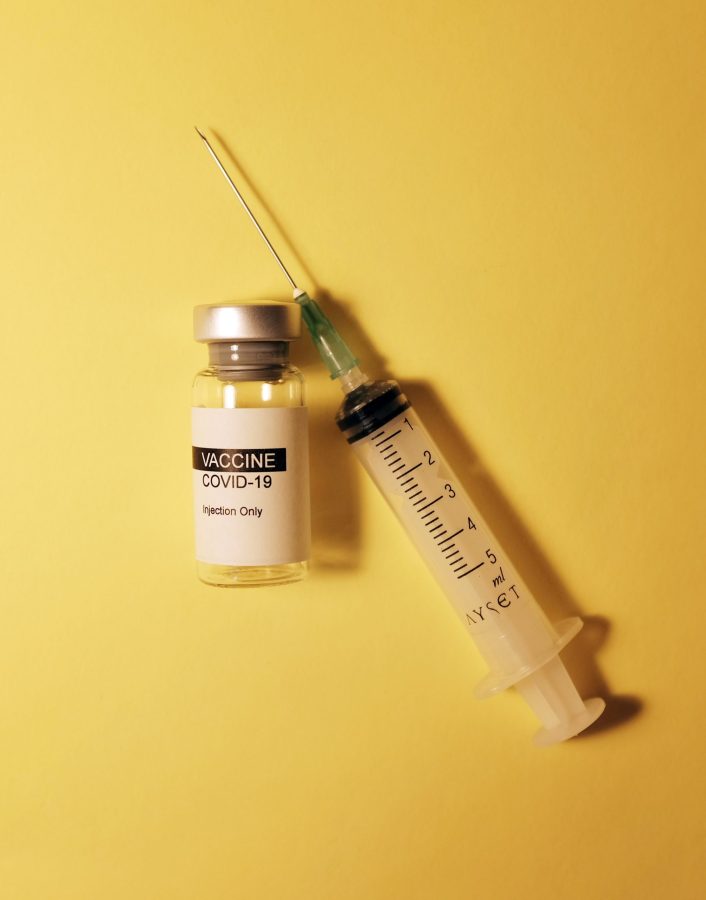





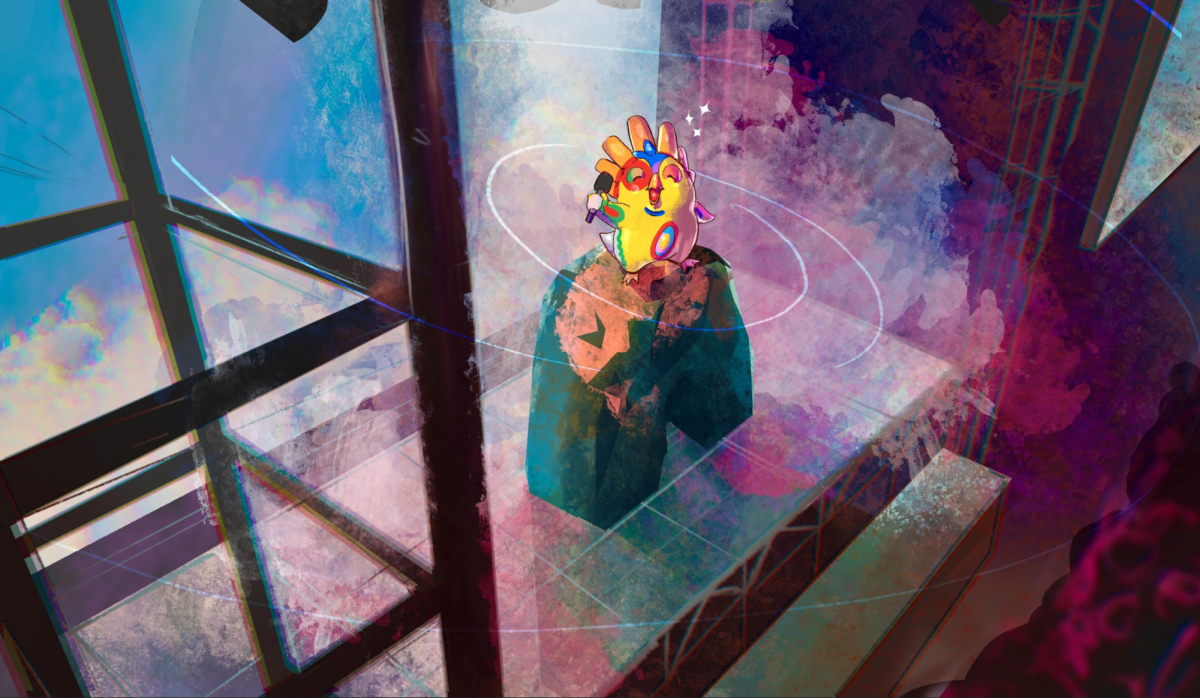
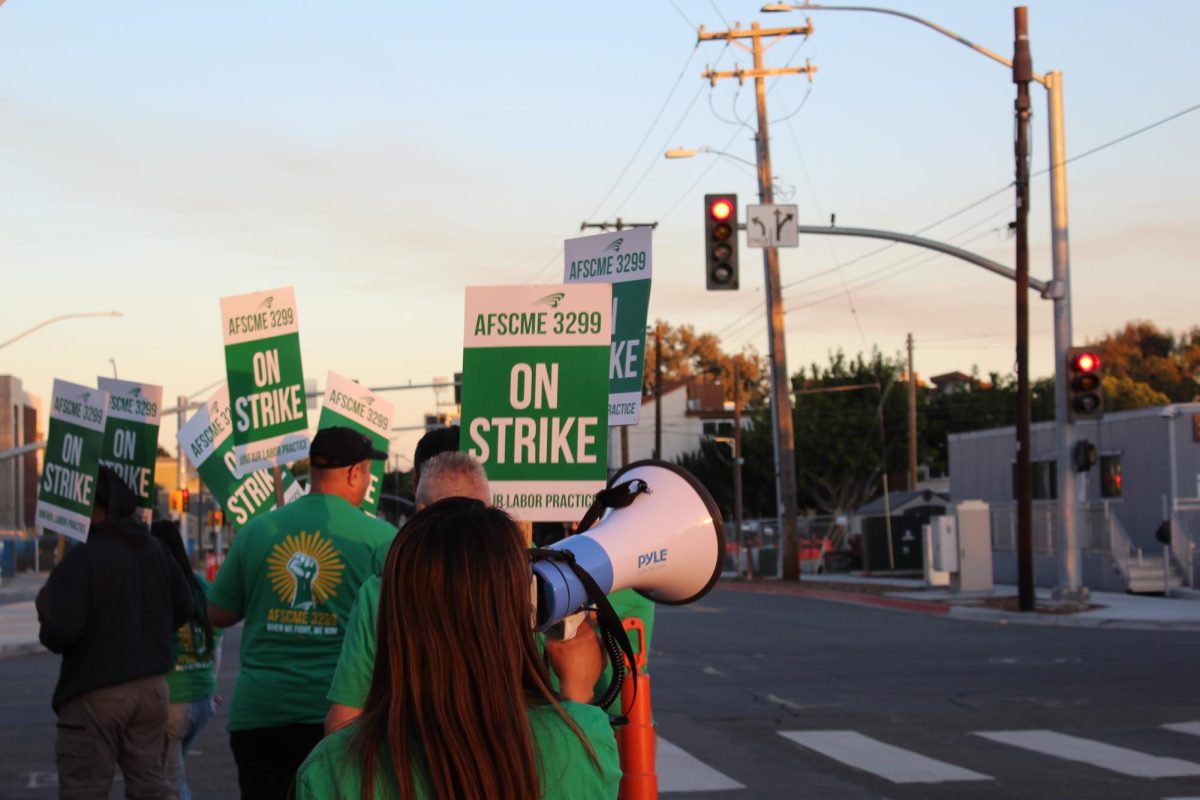
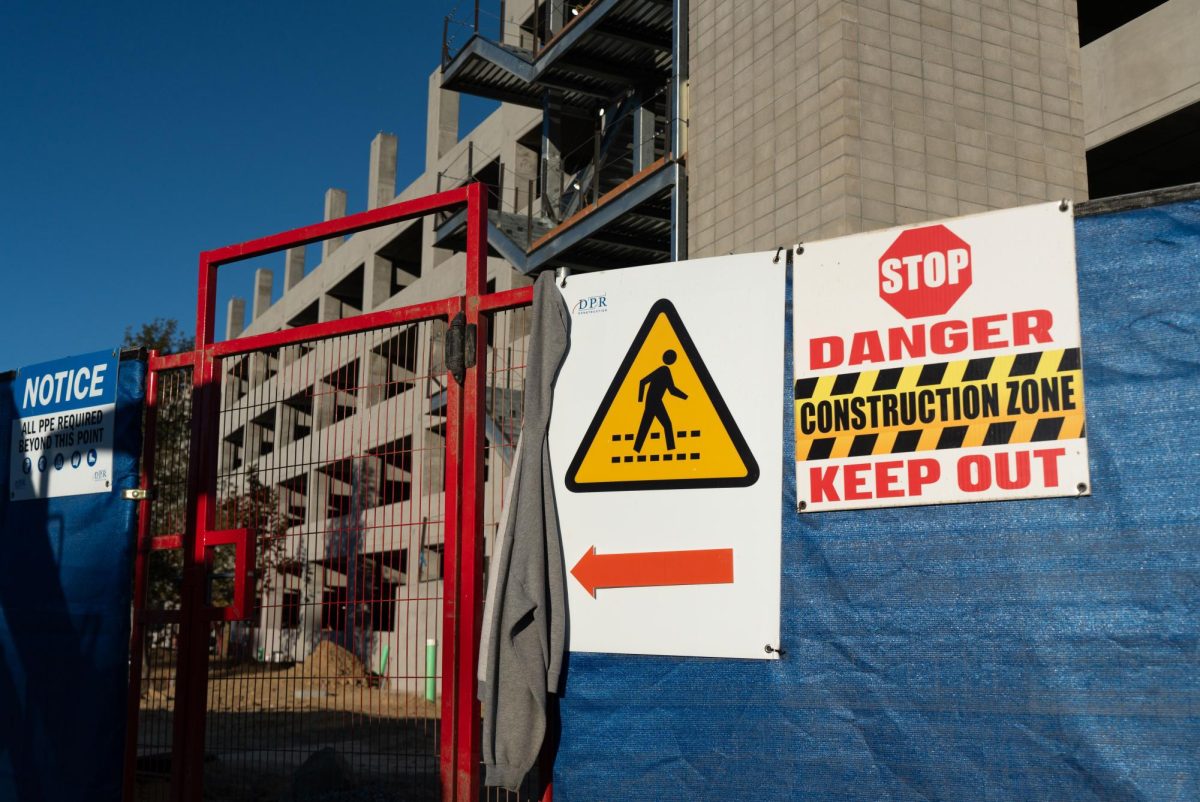
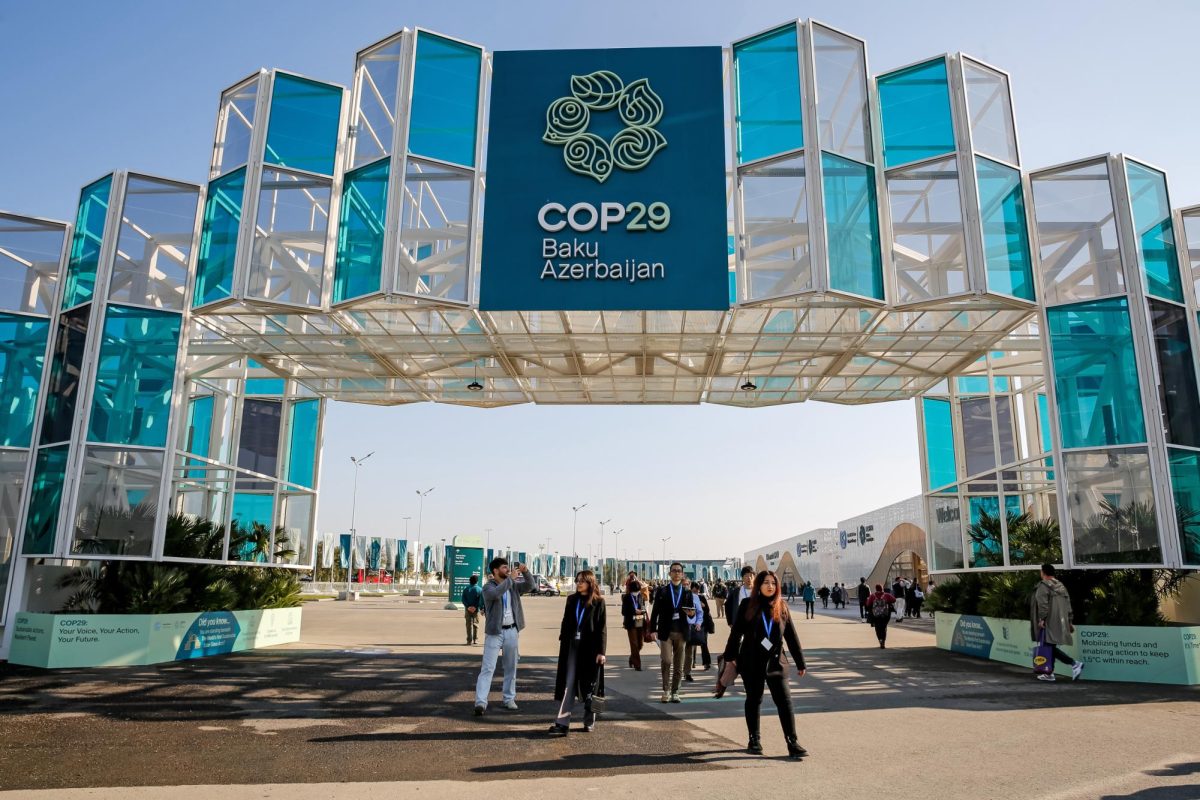
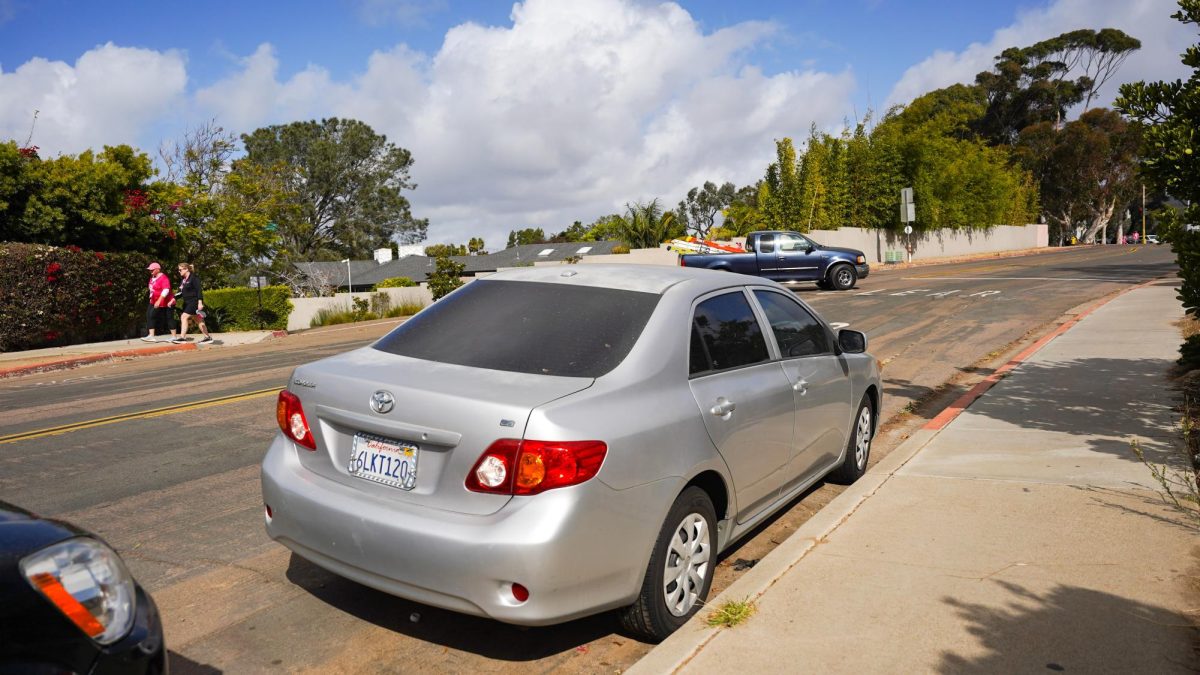
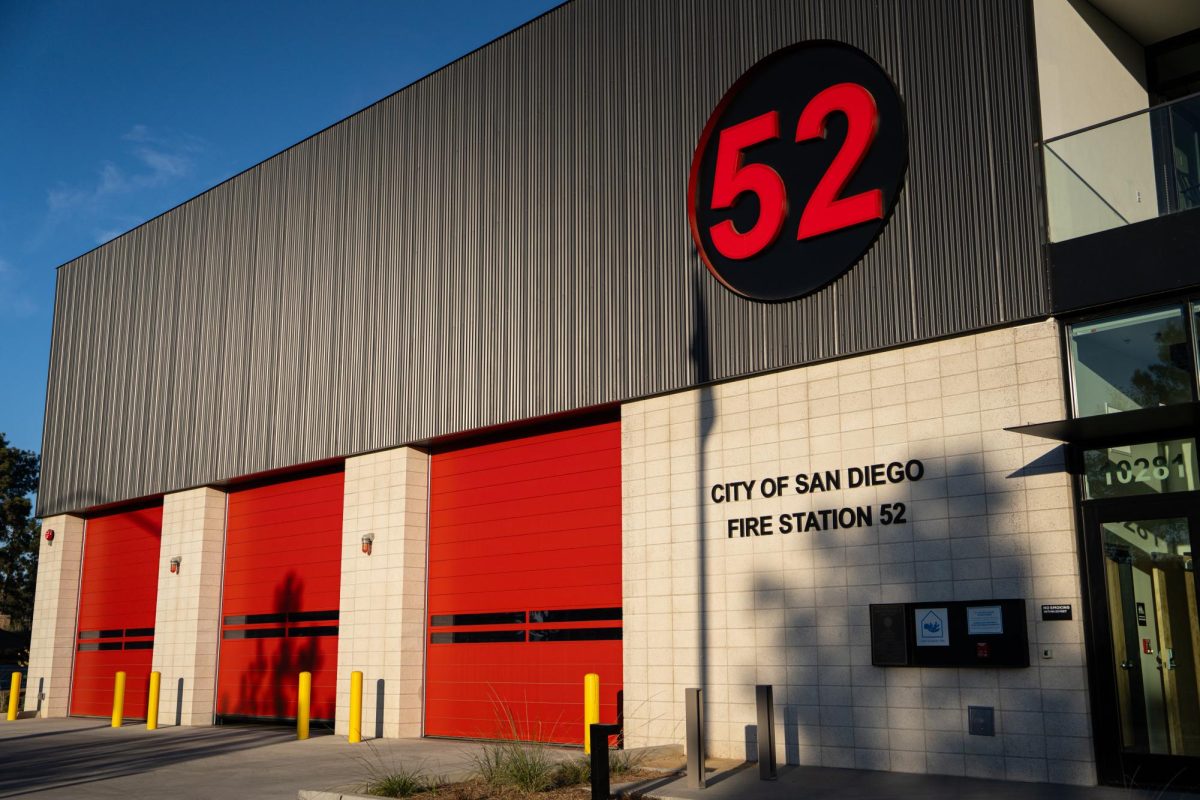
Joseph Parsons • May 24, 2021 at 10:29 am
Because of everything that is happening in the world, I am terribly depressed. I no longer knew what to do, everything was very bad, and my friend also fell ill with covid. But luckily he got better and advised me to try Best CBD products https://breezen.eu/. And it helped me a lot. Now I can recommend this cool product to everyone.